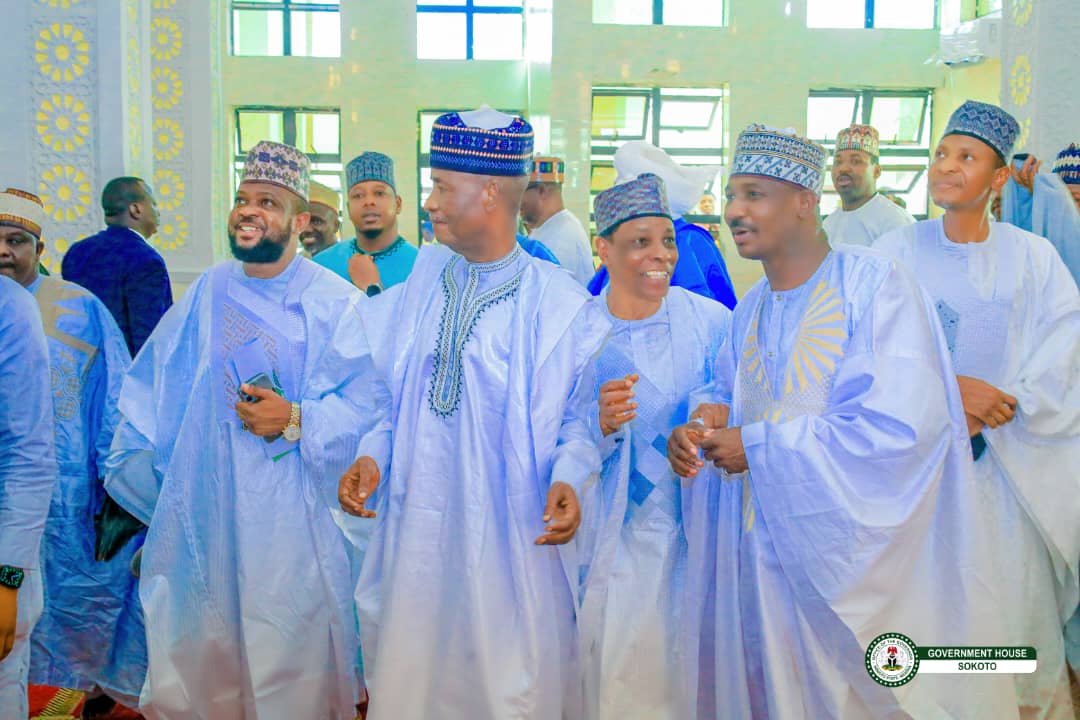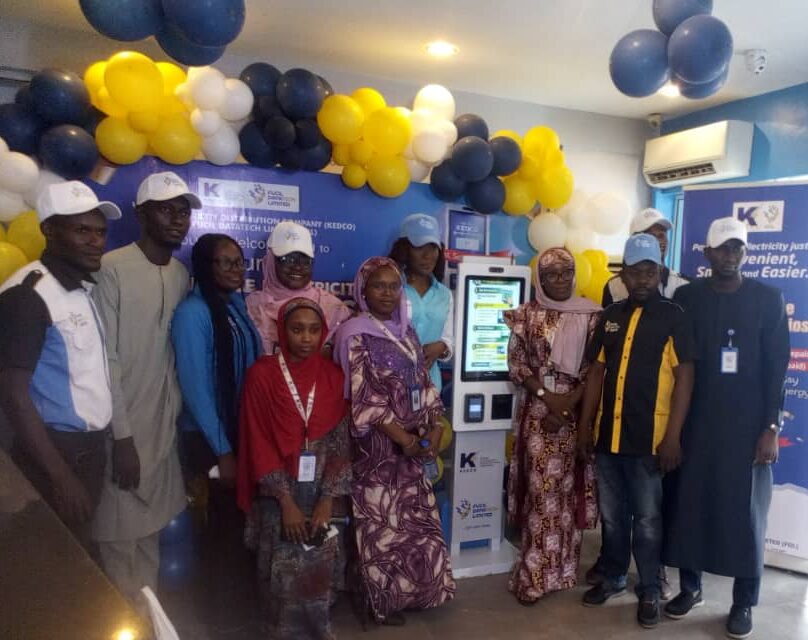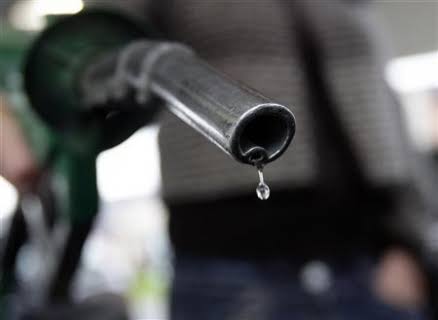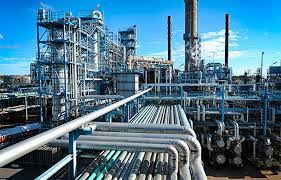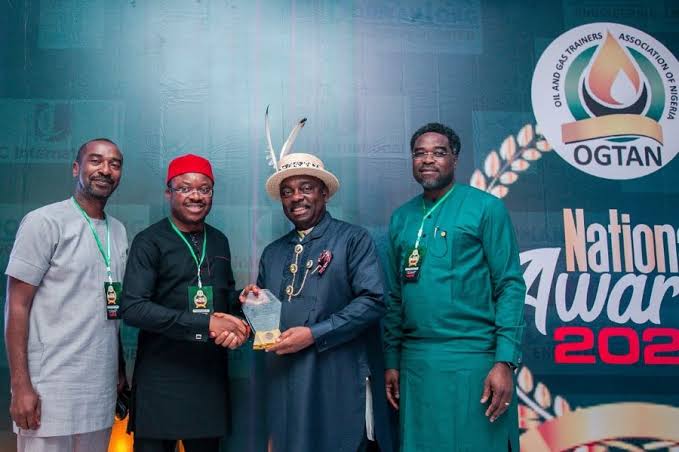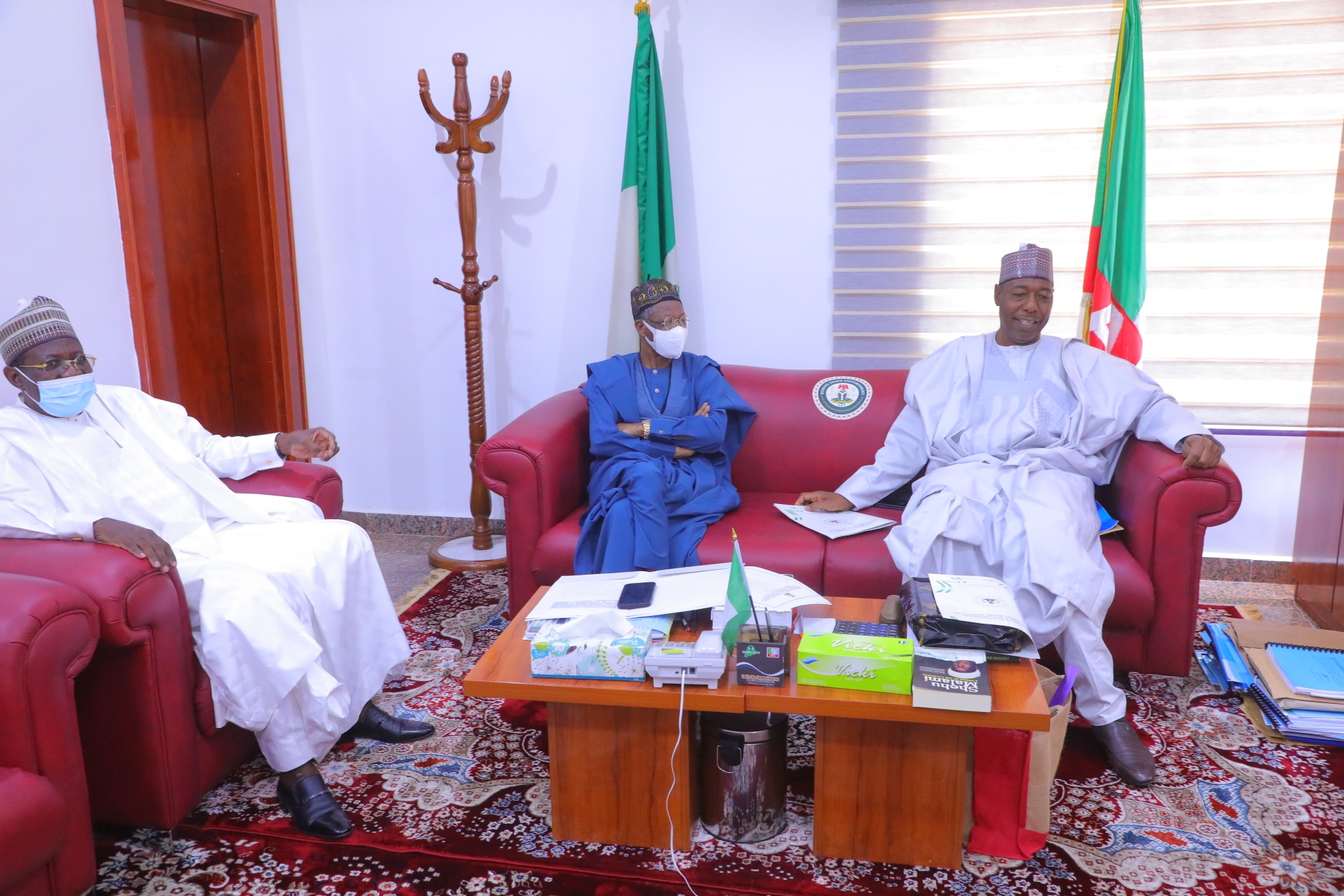Says, Deregulation solution to petrol crisis
Kehinde Akinpelu
A retired Deputy Director of the now-defunct Department of Petroleum Resources, Engineer Sunday Adebayo Babalola, has said that Nigeria can surpass its quota from the Organisation of Petroleum Exporting Countries and its allies (OPEC+) with the right environment.
He specifically said Nigeria can produce or supply three million barrels of crude oil per day, if it harnesses its crude resources, operate within the right environment and address oil theft, insecurity and vandalism of pipelines and other oil installations.
Speaking in an interview, he also said Nigeria was losing a lot of revenue by not meeting its OPEC+ quota.
He called on the Federal Government (FG) to intensify the fight against oil theft and vandalism, adding that the government should activate and energise all necessary mechanisms and strategies to address the menace.
Though Nigeria’s oil production has increased, the country is yet to meet its oil supply quota by the OPEC+ which is 1.84 million barrels per day (mbpd).
Nigeria’s crude oil production figure in January 2022, was 1.39 million bpd, which was the
highest in the year. However, oil production decreased to 1.25 million bpd, in February; 1.24 million bpd in March; 1.22 million bpd,in April; and 1.02 million bpd in May.
Oil production rose to 1.15 million bpd in June but declined to 1.08 million bpd in July.
In August, production supply was at an all-time low of 972,394 bpd. It further dimmed to 937,766 bpd in September. In October, 1.014,485mbpd; Nov, 1.186mbpd; and December, 1.235mbpd.
Babalola said, “I am happy that Nigeria’s crude production is rising above 1 million bpd. It should get better by the day because we are losing so much money without Nigeria meeting its quota by the Organisation of Petroleum Exporting Countries. We are losing much money and the oil companies are losing much money. When I was in the DPR, I called it deferred revenue but whichever way you look at it, whether it is lost revenue or deferred revenue, there is no money to lose. Now if our productions are improving and Nigeria earns those revenues, it will be a good development which can translate to the provision of infrastructure and good welfare for the people and improved living standards.
“We can reach three million barrels per day. Now if our production is improving and we have the facilities to reach almost 3m barrels per day and we have the OPEC go-ahead, the more we produced, the better for the economy of this country. It is a positive development that we are improving our production.
“To reach it, we need to overcome the current challenges. We need to make security very good so that people will not tamper with the pipelines or the flow lines. Most of those things are shut in. Not that they can not produce. They are shut in because of security or community issues. It is just for you to solve those security and community issues. You need to open them up if the security situation will permit.
“You need to rework some wells, you need to swap some wells. You need to do a lot of technical things. When you do those things, production will increase. That will be a lot of money for Nigeria. What is reducing production is not that we do not have wells. The country today has a lot of wells. We have a lot of production facilities and systems for oil. It is not the same with gas. Because the gas turn to oil, you have to gather the free gas separately and sometimes, some of the free gas are actually tied to oil. If it is a gas cap. It is tied to oil. The Petroleum Industry Act (PIA) has tried to solve that. How far it can go, I do not know.”
Babalola who is currently, Director of All Grace Energy and also a former acting Managing Director of Belemaoil Nigeria Limited, stated that deregulation of the downstream sector will end the scarcity or crisis of the Premium Motor Spirit (PMS) popularly called petrol.
He said there are many causes of the crisis, which include comatose refineries, and the fallen value of the Naira to the Dollar.
He said though there are fears that the price of petrol will skyrocket after deregulation, it will later stabilise as was the case in the telephone sub-sector.
Babalola said, “We will continue to have this situation of petrol crisis until we deregulate. We have to recognise that the pricing is not the same as the scarcity. If you have your money and you can notsee it to buy, think about it. The government has to implement deregulation of the downstream sector. If we do not do that, and if the market is not a willing buyer, and a willing seller kind of a thing, which is a free market, we will continue to have this same problem that we are having currently.
“If you follow the trend in the developed world, the prices of gasoline or petrol go down as the prices of crude oil go down and the prices go up as the prices of crude oil go up. As long as we are putting money in that drain pipe called subsidy, we are going to continue to have the same problem.
“There are many causes of the petrol crisis. Refineries that you have in the country are not working. The Naira value has fallen greatly when considered with the value of the dollar which is one of the international exchange currencies and the one used in the international oil market or in importing petrol into the country. People are not allowed to import on their own and sell at their own price. It is going to be like that until there is deregulation and the market is liberalised.
“The fears that petrol prices will skyrocket after deregulation are real. But when you deregulate and the product is coming in, everything will come down to normal pricing. You can not tell me that you want to sell petrol in Lagos for the same price you are selling in Sokoto, Ilorin, Aba, Port Harcourt or Uyo. What of the transportation? You put this and put that. There is too much burden on the government.”



